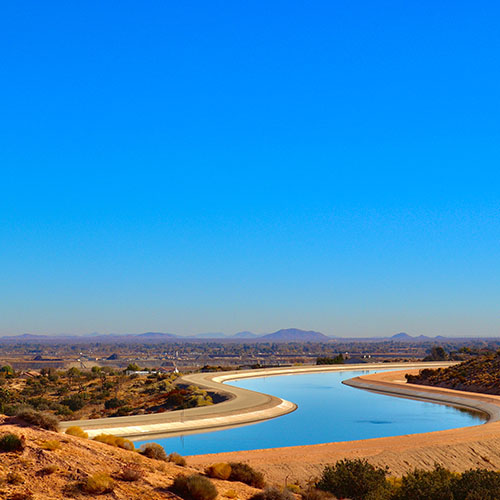About CEQA
Add Header Here
For more than 50 years, the California Environmental Quality Act (CEQA) has been California’s strongest environmental justice and conservation law. CEQA requires developers to disclose and mitigate environmental and public health impacts of proposed projects to the extent feasible. CEQA empowers communities – most notably disadvantaged communities and communities of color – by giving residents a voice in local land use decisions. The law also allows members of the public to provide input on state and regional projects, like new freeways, shopping centers, and bridges.
The California Environmental Quality Act

Is the only state law that ensures the public has an opportunity to be informed about and participate in major land-use decisions.

Gives communities a voice in shaping development in a way that supports quality of life by encouraging transit, bike, and pedestrian-friendly development.

Provides important public health protections by requiring agencies to explain to the public the air and water pollution that will be caused by major land use projects and to consider feasible measures to reduce these effects.

Ensures that developers pay for the environmental impacts of their new construction.
A strong CEQA is central to advancing California’s goals of environmental and climate justice. If CEQA is weakened as critics urge, the state would likely see the accelerated approval of large industrial facilities, oil and gas drilling, and other polluting activities in and around low-income neighborhoods and disadvantaged communities. At the same time, there would be no serious barrier to the construction of new, large-scale housing developments in wildfire-prone areas, putting many thousands of Californians at risk. Perhaps most concerning, the weakening of CEQA would likely prevent California from reducing greenhouse gas emissions to the extent necessary to attain the state’s climate goals, all at a time when our risk from climate change is greater than ever.
